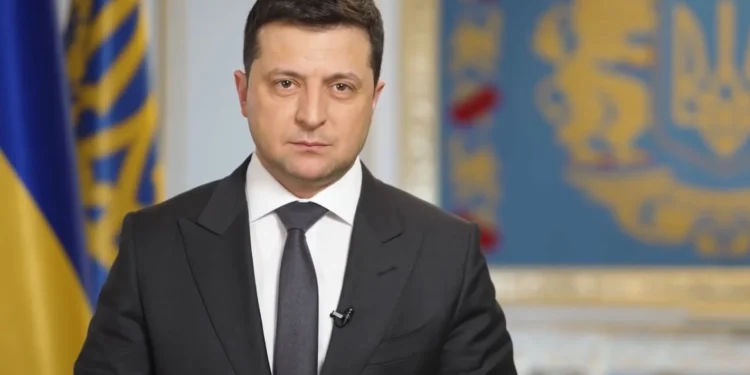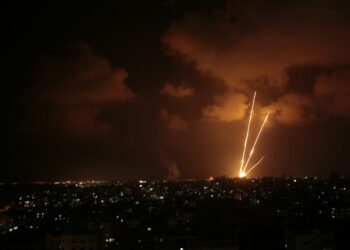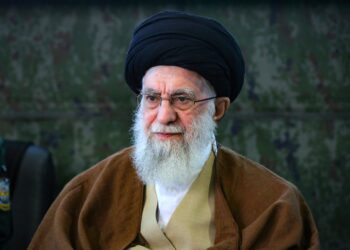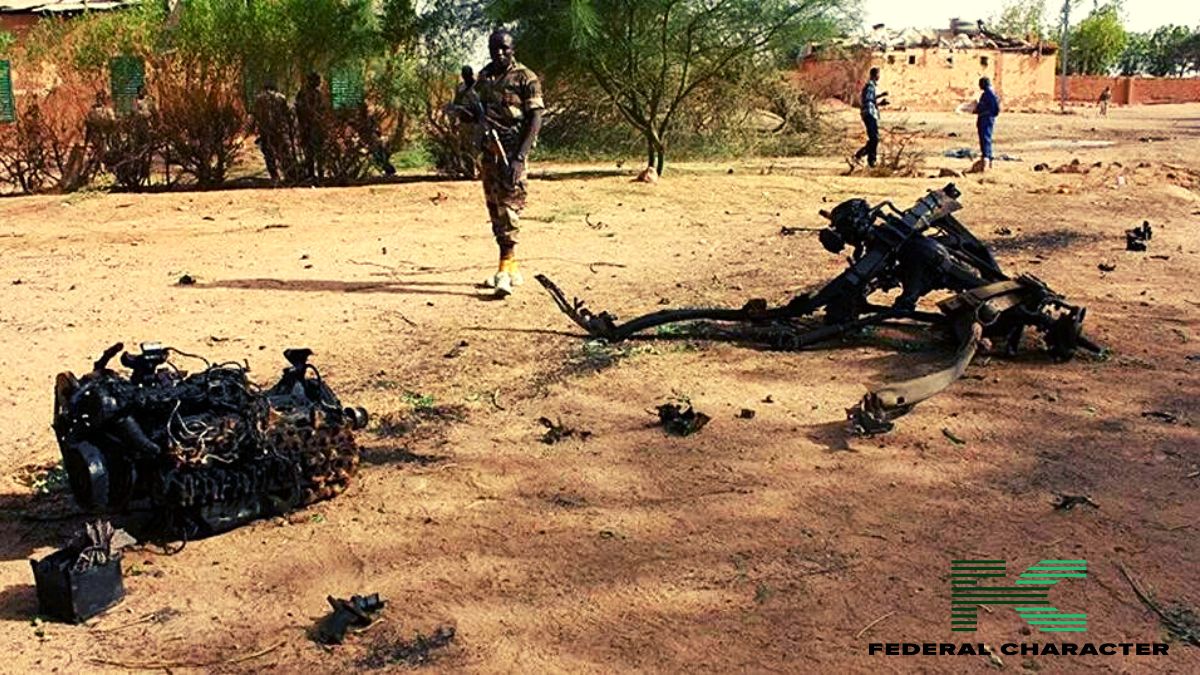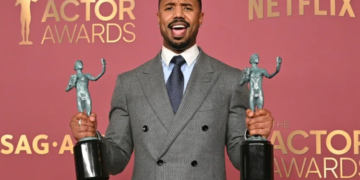Ukrainian President Volodymyr Zelensky has directly accused Russia of systematically undermining peace negotiations while intensifying military attacks, creating what European officials characterize as an intentional diplomatic deadlock.
The allegations come amid a week of intensive shuttle diplomacy by US President Donald Trump, who has attempted to broker a potential summit between Zelensky and Russian President Vladimir Putin despite what he described as their “oil and vinegar” relationship. The diplomatic impasse centers on fundamentally incompatible pre-conditions: Ukraine demands NATO-level security guarantees against future Russian aggression, while Moscow insists on Ukrainian neutrality and territorial concessions that European officials warn constitute a “trap” designed to legitimize invasion gains.
President Trump’s diplomatic campaign began with his Alaska meeting with Vladimir Putin, followed by intensive consultations with Zelensky and European leaders in Washington. Despite announcing preliminary arrangements for a three-way summit after Monday’s call with Putin, Trump acknowledged the Ukraine conflict represents “the most difficult” negotiation he has attempted.

Russian Foreign Minister Sergei Lavrov promptly undermined summit prospects, telling NBC News that “there is no meeting planned” while accusing Ukraine of rejecting Russian demands regarding NATO membership and territorial discussions. This pattern of diplomatic whiplash—where Trump announces progress and Russian officials immediately contradict it—suggests either coordination failures or deliberate obstruction tactics.
The pipeline attack highlighted emerging fissures in Western response, with Hungarian Prime Minister Viktor Orbán bypassing EU channels to directly appeal to President Trump, who responded with a handwritten note expressing anger at the incident and addressing Orbán as “my great friend.”
This direct communication channel between a EU member and the US president underscores alternative diplomatic tracks developing alongside official EU and NATO positions. European Commission officials meanwhile reaffirmed commitment to the EU’s Russian energy phase-out plan by 2027, creating policy tension with member states still dependent on Russian energy infrastructure.
EU foreign policy chief Kaja Kallas articulated the prevailing Western position that Putin’s demands for Ukrainian neutrality and territorial discussions constitute a “trap that Putin wants us to walk into.”
This perspective shows the broad consensus that Russia, as the aggressor state, has made “not one single concession” while expecting Ukraine to surrender sovereignty and territory. Hence, the diplomatic stalemate revolves around this fundamental asymmetry: Ukraine and its Western supporters seek security guarantees preserving Ukrainian independence, while Russia demands geopolitical concessions that would effectively reward its invasion.
The Way Forward: Military Strength as Prerequisite for Diplomatic Solution
Both Rutte and Zelensky emphasized that meaningful security guarantees require continued military strengthening alongside diplomatic arrangements. The NATO secretary general noted that discussions focus on “making Ukraine’s military as strong as possible” alongside Western security commitments, recognizing that deterrence capabilities form the foundation of any sustainable peace agreement. This military-diplomatic tandem approach acknowledges that negotiation leverage stems ultimately from battlefield performance, explaining why both sides continue military operations even while discussing peace terms.

